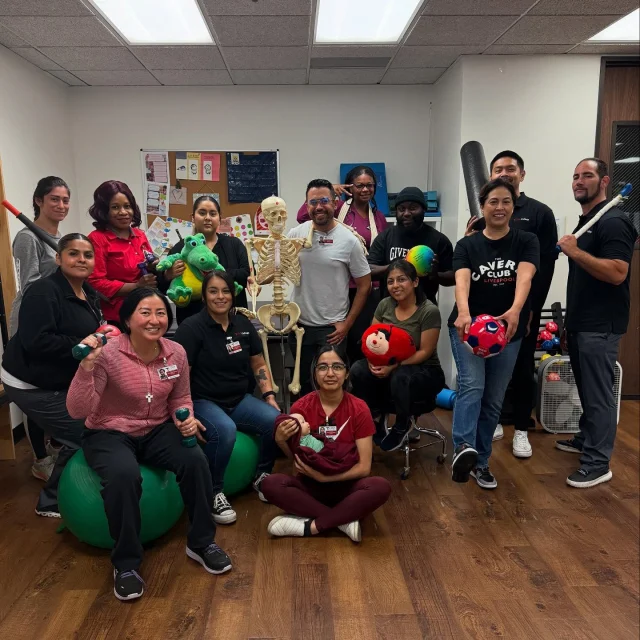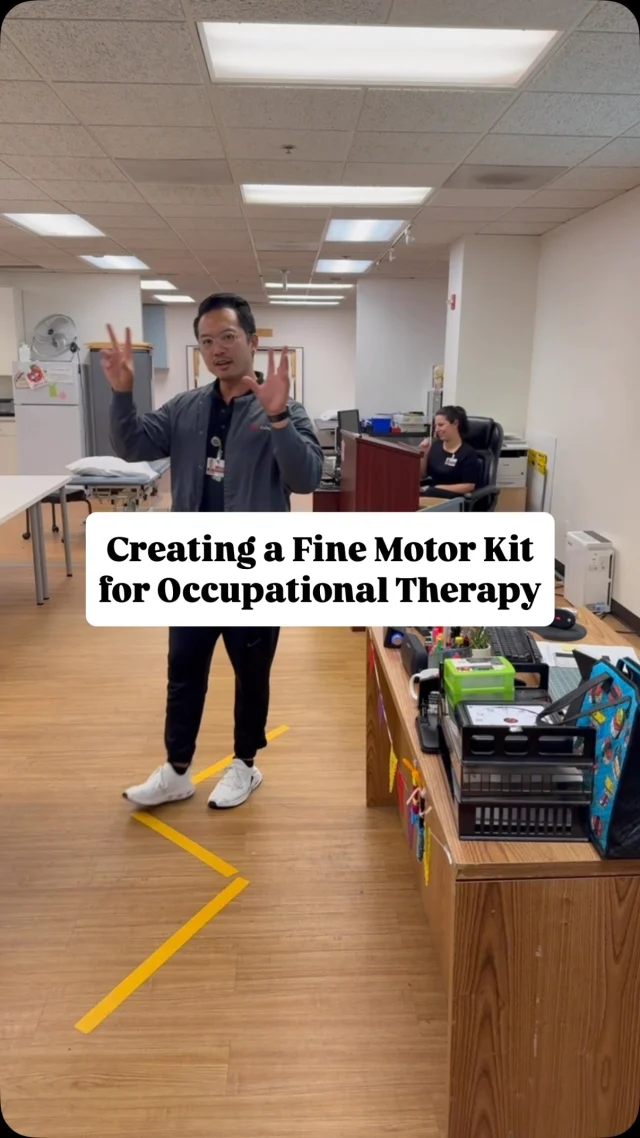Get experience for real career success.
Admissions & enrollment.
The first step toward your new career is as easy as applying today.
Are you a good fit? Do you want to join the next generation of healthcare leaders?
Apply in five easy steps.
We want to make sure that you feel comfortable and confident in your decision to join our student body. We encourage you to bring your family, to ask questions and we promise to be honest in our answers and provide you with as much information as possible.
Meet an advisor
Expect personalized guidance tailored to your career goals, academic needs, and scheduling preferences to set you on the path to success in healthcare.
Submit your application
Provide all necessary documentation and information to officially begin your journey toward a healthcare career.
Entrance exam
With support and resources available from CBD, potential students can expect to take their entrance exam, which assesses their readiness for the program.
Financial Aid
Discuss available funding options, determine eligibility for scholarships or loans, and receive personalized guidance on navigating the financial aspects of pursuing your healthcare education.
Enrollment
Gain access to resources, support services, and start your educational journey towards your chosen healthcare profession at CBD College.
At CBD College, we believe that the admissions process is one of the most important first steps in achieving your future career. We want to make sure that you feel comfortable and confident in your decision to join our student body. We encourage you to bring your family, to ask questions and we promise to provide you with as much information as possible.
ADMISSIONS REQUIREMENTS:
- Be at least 17 years of age.
- Have earned a high school diploma or its equivalent1, or completed an Associate level degree or higher.
- Meet with an Admissions Representative.
- Present valid government picture ID.
- Pass the Wonderlic Scholastic Level Examination (SLE) Test and Wonderlic Advanced Skills Test (WAST)
- Be a resident and be located in a state in which CBD College is permitted to deliver distance education
- Pass an online orientation course, inclusive of distance education readiness assessment, verifying hardware, software, and computer literacy requirements, confirming the ability to be successful in a virtual classroom environment.


